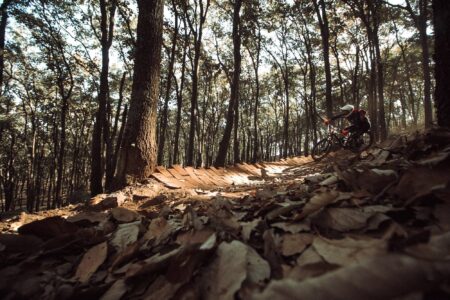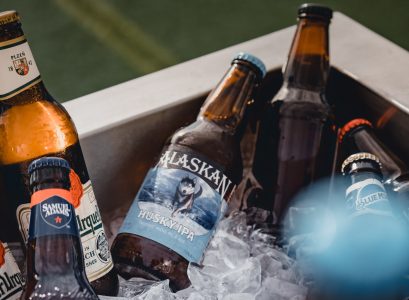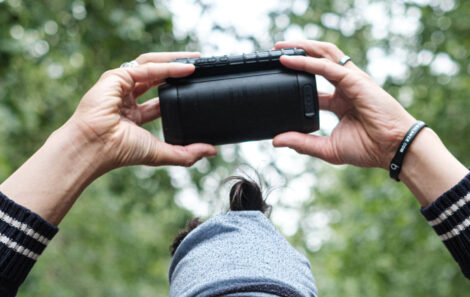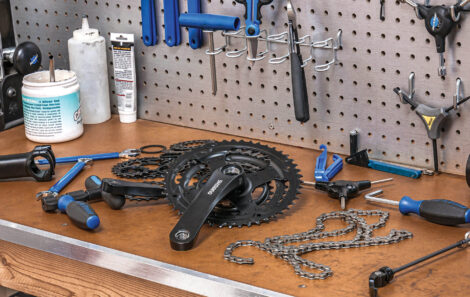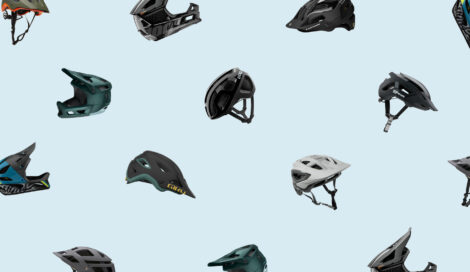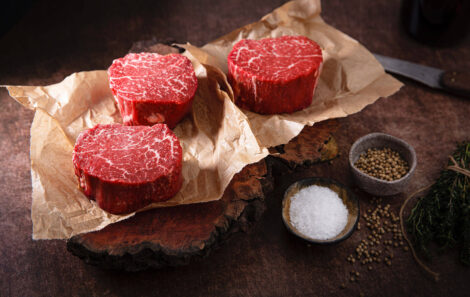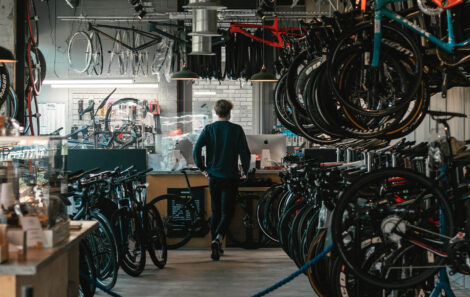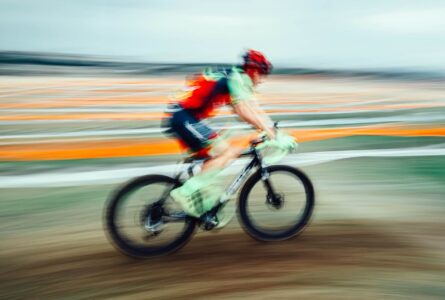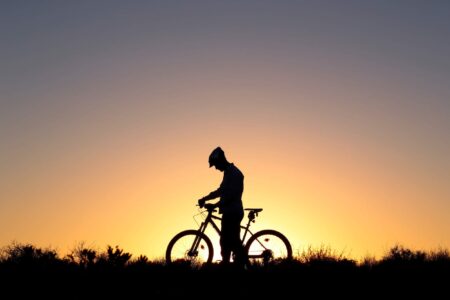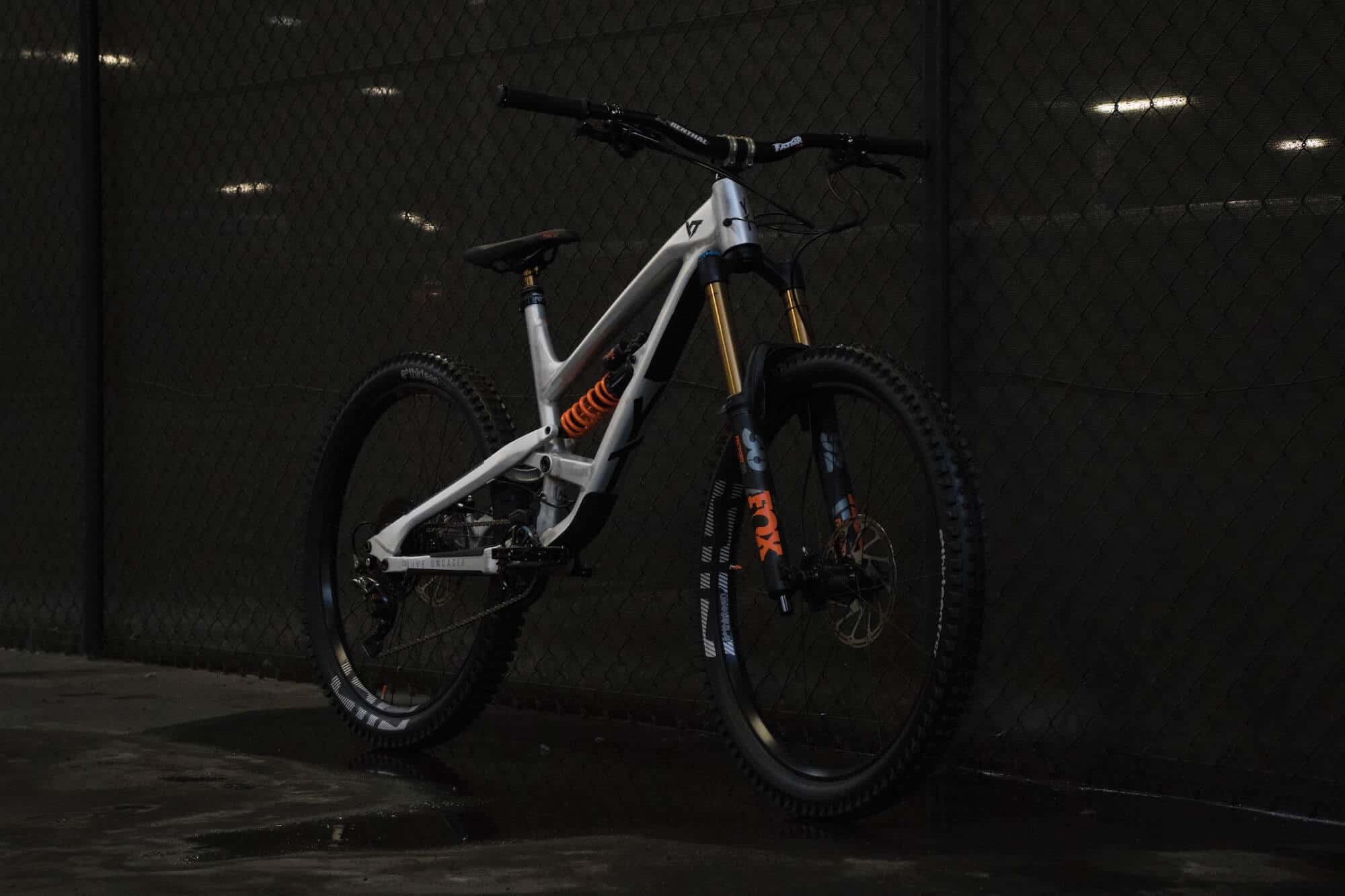
Photo by Pascal Obermeier
During my first year as a mountain bike coach, I dreaded our practice every other Friday. We were usually pretty worn out as a team from riding and interval training all week, and by Friday, I was generally out of ideas to keep a dozen teenage boys entertained. Then, a veteran coach in our outdoor program, and an OG baller on the mountain bike, recommended that we spend some time caring for our bikes by actually washing them. I was not amused by the suggestion but was out of other ideas. So we picked up the sponges, brushes, and suds and started our clean bike journey.
Some riders love a clean bike; some don't.
My first riding companion, and the person who taught me how to ride a mountain bike, prided himself on never cleaning his bike. He always rode up to the trailhead with mud caked on his frame, chain, and cassette black with grease. He worked at a bike shop, so I figured this was a pro move: a signal to others on the trail that it was actually better to be riding than cleaning. So I got in line as his dirt-encrusted bike disciple and hit the trail often, only stopping for maintenance when absolutely necessary. The only real cleaning I did was a hose-down after a muddy ride.
A clean bike equals a quiet bike.
Something remarkable happened after I started washing my bike with the kids I was coaching. It got quiet. Real quiet. Most days riding with a pack of adolescents involves all sorts of unwelcome noises, but the loudest of these were the bikes. Chain squeaks, cassette hiccups, and the banging of dropped chains were all part of the soundtrack of our ride. We were not on especially good mountain bikes, so I figured this was just par for the course for entry-level hardtails. I was incredibly wrong.
Most riders think that their bike can never be as quiet as when they ride it off the bike shop floor.
This couldn’t be more untrue. In fact, I would argue that your bike can be constantly quiet if you are aware of its condition. I now try to clean my bike once every month, and when I do, I accept the time almost as a period of meditation. As hokey as this may sound, cleaning makes me slow down and appreciate my riding and my machine. I usually roll through my catalog of recent rides, calling to mind features that I want to clear or STRAVA records that I hope to blast through. The scrubbing and lubing connect me to my bike as well, creating a space where I can marvel at this machine that I get to be on. Cleaning your bike is a discipline that is a significant component of eventually enjoying yourself as a mountain biker.
A clean bike rides and looks better.
The first ride on a clean bike is heaven. It’s not just that it’s quiet, but it looks spectacular. The contrast of your sleek, shining bike against the dirt and chaos of the trail creates a mental propellant. It’s as if the bike is so at odds with its environment that it just flies up and down the trail, seeking to exit in just as pristine a condition as it entered. And the crazy thing about all this mental perception of speed is that it isn’t just mental. You actually go faster on a cleaner and quieter bike because of your mental perception.
A study shows that the confidence bump generated by clean, efficient machinery can lead to a psychological gain over competitors. Though this is hard to flesh out in actual watts, it follows that increased confidence on the trail generally leads to more awareness, better balance through technical features, and the ability to find that extra gear on climbs.
If you’re still dubious about the claim that cleaner bikes equate to faster bikes, then take the challenge. Go clean and lube your bike and hit your favorite trail. Chances are that unless you are having a terrible day, you’ll feel the immediate benefit of a quiet and efficient machine.
Matthew Chisholm
Matt Chisholm is a data analyst and freelance writer who studies the environmental history of the Southern Smoky Mountain region of North Carolina. He was a contributor to Lost in Transition: Removing, Resettling, and Renewing Appalachia and the 2016 edition of the Journal of East Tennessee History, for which he won the 2017 McClung Award. When not writing, Matt enjoys road and mountain biking, hiking, trail running, and drinking beer around Concord, NC where he lives with his wife, daughter, and twin boys.
Get the email for busy mountain bikers.
Discover the best products + gear, and learn about deals from brands you love.
